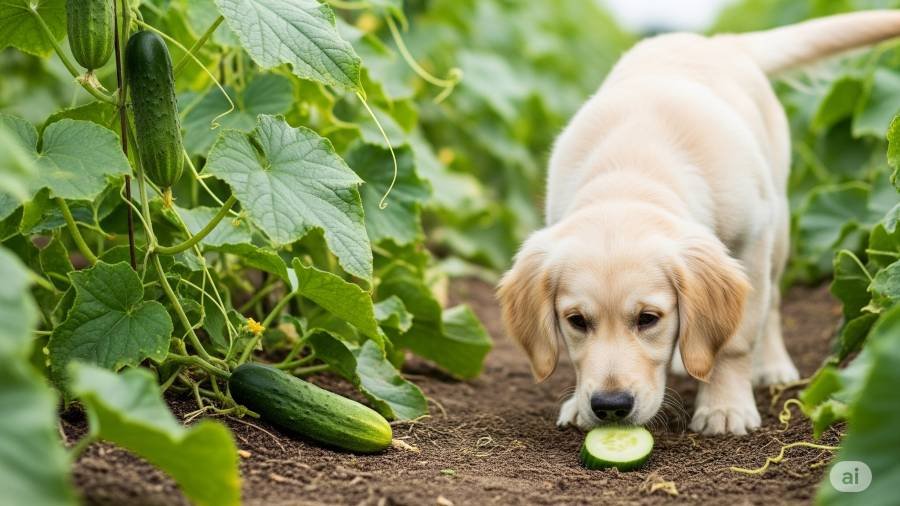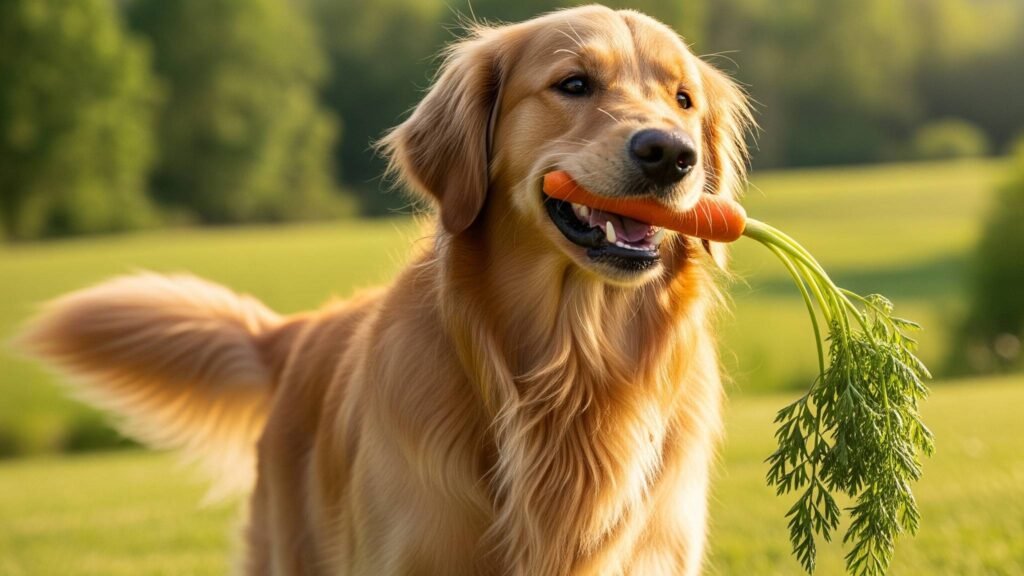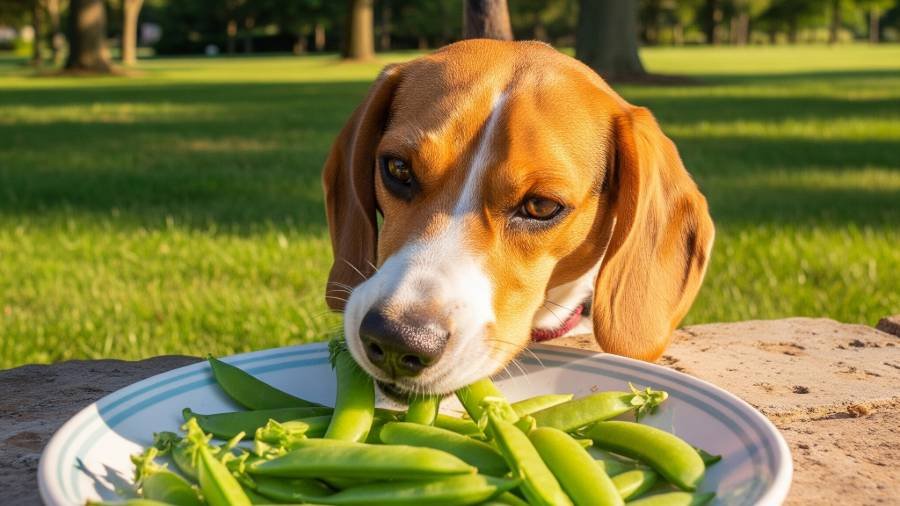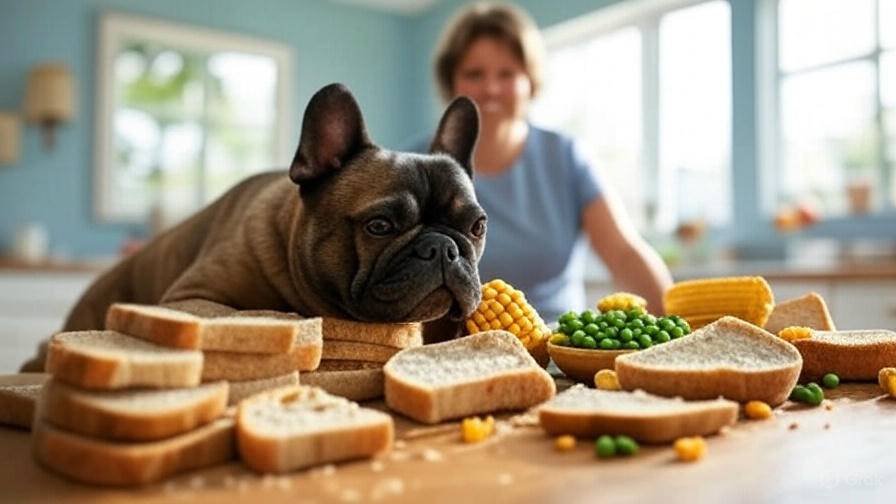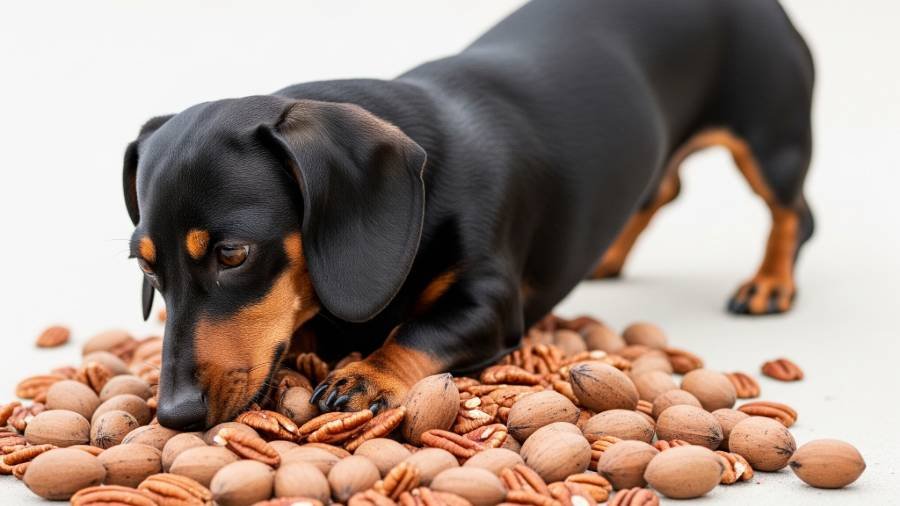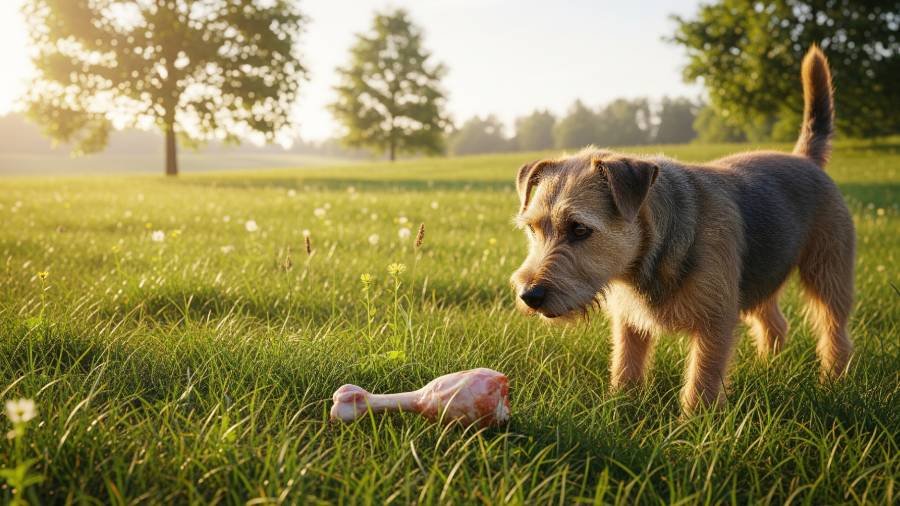Dogs can eat corn in small amounts as a safe addition to their balanced diet, provided it’s properly prepared and not the main component.
As omnivores, canines can enjoy the nutritional benefits of corn, but it should complement their regular dog foods rather than dominate their intake.
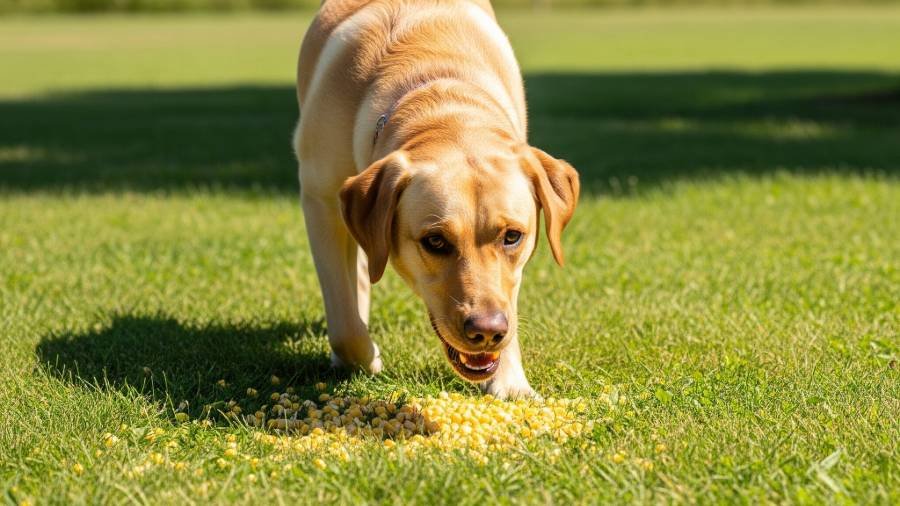
Potential Benefits of Corn for Dogs
When dogs eat corn in moderation, it provides several advantages that make corn good for dogs:
- Essential Fatty Acids: Corn contains linoleic acid, supporting skin health and a shiny coat.
- Antioxidants: Rich in antioxidants like vitamin E and beta carotene, corn promotes gut health and overall wellness.
- Carbohydrates: As a great source of energy, corn offers a quick boost for active dogs.
- Fiber: The fiber content aids digestion and helps maintain a healthy digestive system.
- Vitamins and Minerals: Corn provides small amounts of vitamins and minerals, contributing to a dog’s diet.
These benefits are valuable, but corn should be a minor part of a dog’s diet. For more on safe grains, explore can dogs eat rice.
Risks and Dangers of Corn for Dogs
While corn is safe for dogs to eat, certain risks should be considered:
- Choking Hazard: Corn on the cob poses a significant risk of intestinal blockage or choking, especially if a dog tries to swallow it whole.
- Food Allergy: Some dogs may develop a food allergy to corn, leading to symptoms like itching, ear infections, or digestive upset.
- High Starch Content: Excessive corn can contribute to weight gain or exacerbate conditions like diabetes in sensitive dogs.
- Pesticide Residue: Non-organic corn may carry contaminants, requiring thorough washing before feeding your dog.
- Nutritional Imbalance: Over-reliance on corn can lack essential proteins and fats needed for a balanced diet.
- Digestive Issues: Too much corn may cause gas or bloating if a dog has trouble digesting high starch levels.
How to Safely Feed Corn to Your Dog
To ensure corn is a safe treat when you feed your dog, follow these steps:
- Remove Cob: Always strip corn kernels from the cob to avoid choking hazard or intestinal blockage, discarding the cob entirely.
- Wash Thoroughly: Rinse corn kernels under water to remove pesticides or dirt, even if organic.
- Cook Optionally: Lightly steam or boil corn for easier digestion, though plain kernels are safe for most dogs.
- Feed in Small Amounts: Offer a modest portion (e.g., a teaspoon or a few kernels) once or twice a week, keeping treats under 10% of your dog’s daily caloric intake.
- Avoid Seasonings: Keep corn plain, avoiding toxic ingredients like garlic or onion. See can dogs eat garlic for more.
- Monitor Reactions: Introduce corn gradually and watch for digestive upset (e.g., vomiting, diarrhea) or allergies (e.g., itching) over 24–48 hours. Consult a vet if issues arise.
- Consult a Vet: Seek veterinary advice before feeding corn, especially for dogs with allergies, diabetes, or digestive sensitivities.
Signs of Corn-Related Issues
If a dog eats too much corn or reacts poorly, look for:
- Vomiting or diarrhea from digestive trouble
- Excessive gas or bloating
- Lethargy or reduced appetite
- Itching, swelling, or ear issues (signs of a food allergy)
- Choking or abdominal pain (from corn on the cob)
If these signs appear, stop feeding corn and contact a veterinarian immediately. Intestinal blockage or severe allergies require urgent care.
Expert Opinions
Veterinary sources, such as the AKC and PetMD, confirm that corn is safe for dogs to eat in small amounts, noting its nutritional benefits and common use in dog foods. The AKC warns against feeding corn on the cob due to blockage risks and advises monitoring for allergies. Experts recommend limiting treats and focusing on a balanced diet. For more on safe grains, check can dogs eat oatmeal.
Additional Considerations
- Health Conditions: Dogs with food allergies or diabetes should eat corn cautiously due to starch and potential reactions. Consult a vet first.
- Puppies: Young dogs may need softer, cooked corn in tiny amounts, as advised by a vet.
- Dog Preferences: Some dogs enjoy corn’s sweet taste, while others may not. If uninterested, try alternatives like those in can dogs eat carrots.
- Organic vs. Non-Organic: Organic corn may reduce pesticide exposure, but all should be washed thoroughly.
- Commercial Dog Foods: Corn is a common ingredient in many dog foods, formulated to be safe and balanced. Verify with a vet if concerned.
Safe Treat Alternatives
Instead of corn, consider these safe-for-dogs treats, tailored to enhance a dog’s diet and offering internal linking opportunities:
- Cooked Turkey: Plain, unseasoned turkey provides lean protein. Learn more in our guide on can dogs eat turkey.
- Blueberries: A few fresh blueberries offer antioxidants and are low in calories. Check our guide on can dogs eat blueberries.
- Peas: Small, steamed green peas provide fiber and vitamins. Explore our article on can dogs eat peas.
- Sweet Potatoes: Small pieces of cooked sweet potatoes offer nutrients and digestibility. See our guide on can dogs eat sweet potatoes.
Introduce new dog treats gradually, monitor for reactions, and consult a vet if unsure about safety.
Dogs can eat corn in small amounts as a safe, nutritious treat, offering benefits like essential fatty acids and antioxidants when feeding corn to your dog.
However, risks like choking hazard from corn on the cob, food allergy, or digestive upset require careful preparation and moderation. Dogs with health issues or puppies should avoid corn unless approved by a vet, and a balanced diet should remain the focus.
Always consult a veterinarian before adding corn or other people foods. For more on canine nutrition, explore can dogs eat cucumbers, can dogs eat peas, or what vegetables can dogs eat.
For additional questions about what dogs can eat or nutrition, feel free to ask!
